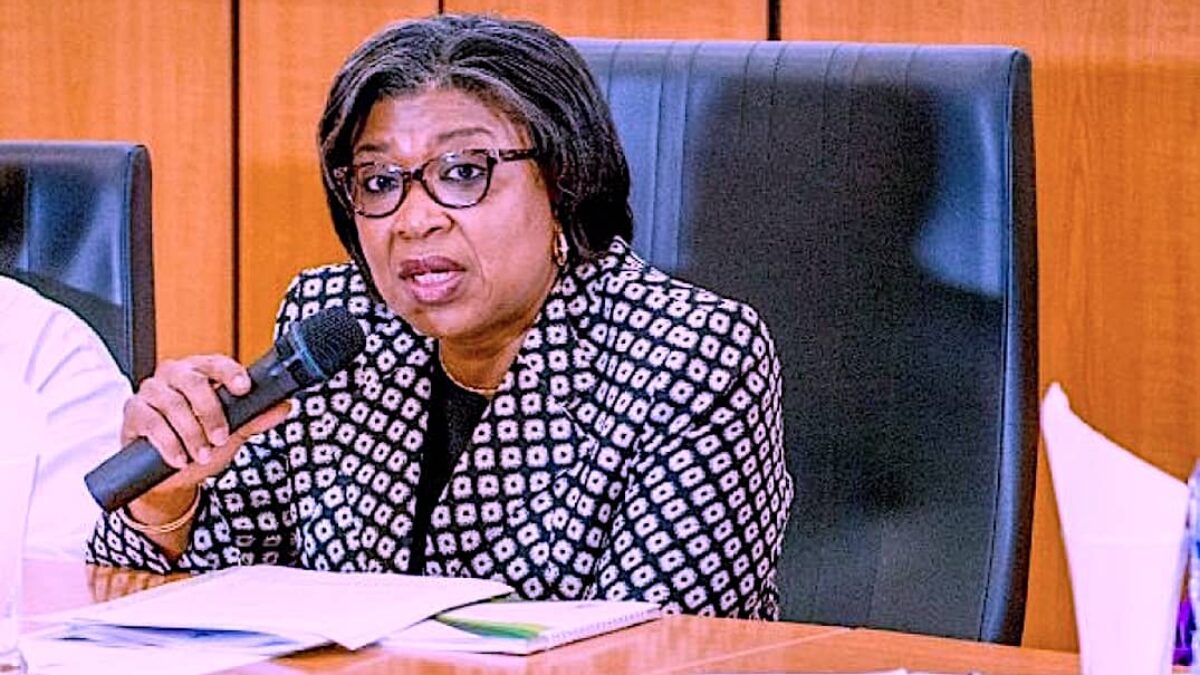The Debt Management Office (DMO) has announced the issuance of its first bonds for 2023, two Federal Government of Nigeria (FGN) Savings Bonds for subscription.
DMO in a statement announcing the new bond said one is a two-year FGN Savings Bond due on Jan. 11, 2025, at the interest rate of 9.600 percent per annum.
The other is a three-year FGN Savings Bond due on Jan 11, 2026, at the interest rate of 10.600 percent per annum.
The DMO said that the opening date would be Jan. 3, while the closing date would be Jan. 6, and settlement date, Jan. 11, while coupon payment dates would be April 11, July 11, Oct. 11and Jan. 11.
DMO offer reads: “They are offered at N1,000 per unit subject to a minimum subscription of N5,000 and in multiples of N1,000 thereafter, subject to a maximum subscription of N50 million.
“Interest is payable quarterly while bullet repayment (principal sum) is on maturity.”
The DMO also said that FGN Savings Bonds qualified as securities in which trustees could invest under the Trustee Investment Act.
It added: “They also qualify as government securities within the meaning of Company Income Tax Act (CITA) and Personal Income Tax Act (PITA) for tax exemption for pension funds.
READ ALSO: Nigeria’s debt servicing to gulp N6.6trn in 2023
“They are listed on the Nigerian Stock Exchange Limited and qualify as liquid assets for liquidity ratio calculation for banks.”
DMO also noted that the bonds were backed by the full faith and credit of the FGN and charged upon the general assets of the country.
Meanwhile, the Central Bank of Nigeria (CBN) has revealed that Nigeria’s foreign reserves fell by 8.46 percent or $3.43 billion in 2022.
The CBN disclosed this in its movement on external reserves figures published on its website.
According to the report, the reserves which stood at $40.52bn as of the end of December 31, 2021, ended December 29, 2022 at $37.09bn.
The reserves drop came at a time oil, the major source of the reserve’s funds, rallied above $100 per barrel thanks to the Russian-Ukraine war.
While Nigeria struggled to take advantage of the oil price rally, other oil producing countries around the world were overflowing with cash.
Countries such as Kuwait, and Saudi Arabia among others all reported a net profit jump of more than 100 percent.
At the last Monetary Policy Committee meeting of the CBN in November, a member of the MPC, Robert Asogwa, said, “The recent drop in external reserves is, however, linked to the decline in oil exports even at a time of higher oil prices.
He, therefore, called on the government to fix the crude oil theft in the Niger Delta region to help boost the reserves in 2023.

 Health6 days ago
Health6 days ago
 Entertainment1 week ago
Entertainment1 week ago
 Education1 week ago
Education1 week ago
 Crime6 days ago
Crime6 days ago
 Health1 week ago
Health1 week ago
 Comments and Issues7 days ago
Comments and Issues7 days ago
 Latest7 days ago
Latest7 days ago
 Football1 week ago
Football1 week ago

